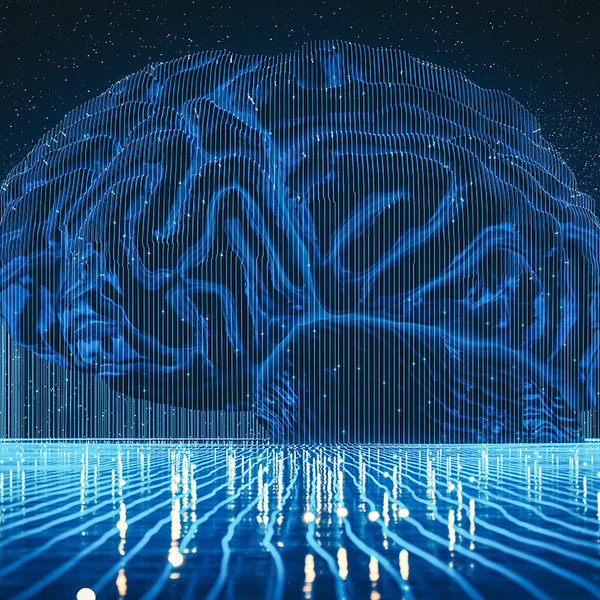Working Group Webinar Library
Webinar Library
Improving Acute Kidney Injury Prediction and Risk Factor Analysis with Personalized Transfer Learning
Acute kidney injury (AKI) is a life-threatening clinical syndrome prevalent in hospitalized patients (10% to 15% affected), especially among critically ill patients (>50% affected), and has exceeded the annual incidence of myocardial infarction. AKI patients are at much higher risk for developing poor long-term outcomes including incident and progressive chronic kidney disease, cardiovascular disease, and death.

Leveraging Procedural Video Data for Quality, Safety, and Knowledge
High-dimensional data from procedural recordings are increasingly being leveraged by institutions for quality, safety, and efficiency. With advances in technology enabling high fidelity recordings and large scale analytics, the possible applications for this data continue to expand. Institutions must consider their data strategy and the ethical, legal, privacy, and insurance implications of recording clinical procedures.

Recommended practices and ethical considerations for natural language processing-assisted observational research: A scoping review
An increasing number of studies have reported using natural language processing (NLP) to assist observational research by extracting clinical information from electronic health records (EHRs). Currently, no standardized reporting guidelines for NLP-assisted observational studies exist. The absence of detailed reporting guidelines may create ambiguity in the use of NLP-derived content, knowledge gaps in the current research reporting practices, and reproducibility challenges.

Rise of the AI Scribe - A Practical Discussion on Ambient Documentation Evaluation and Implementation
Advances in artificial intelligence over the last year are starting to become a reality in many medical practices. Medical documentation is certainly not immune to these changes and AI scribe software vendors promise to revolutionize the way we document and summarize patient encounters. This collaborative session will allow for discussion of the practical considerations and potential concerns related to the use of AI for note generation in patient encounters.

Federated Learning and Generalizability of Clinical Language Models
Language models (LMs) such as BERT and GPT have brought remarkable advancements to natural language processing (NLP). Nevertheless, privacy-sensitive domains, particularly in the medical field, confront challenges in training LMs due to limited data access and stringent privacy regulations like the Health Insurance Portability and Accountability Act (HIPPA) and the General Data Protection Regulation (GDPR).
